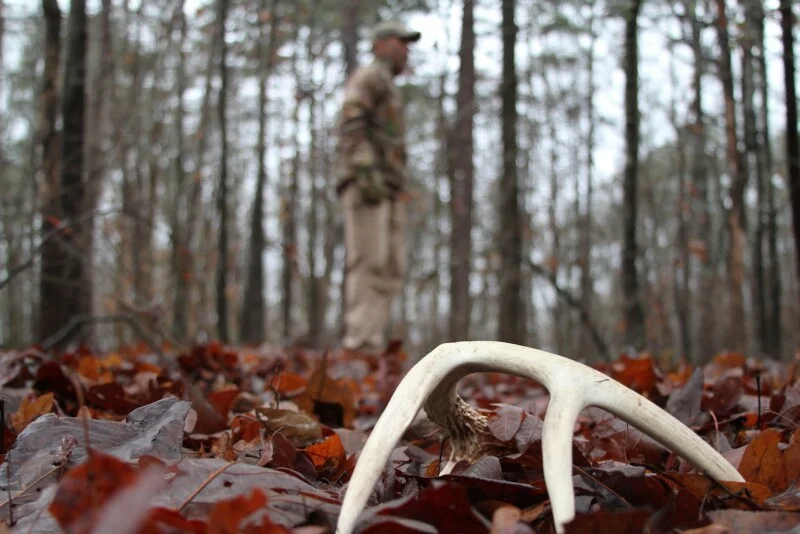
Game Of Horns: Iowa Poacher’s Antler Addiction Leads To Historic Bust
The dark corners of wildlife can often harbor the strangest obsessions. In Iowa, a peculiar tale of poaching reveals an unsettling addiction linked to antlers. This bizarre case not only highlights the lengths some individuals will go to for their fix but raises alarming questions about wildlife protection in the state.
Game warden Craig Roberg found himself knee-deep in a bizarre string of events that started with a single headless deer discovered in a cornfield. What unfolded was a chilling investigation uncovering a staggering 52 illegally killed deer, driven not by the need for food but by an obsessive fascination for antlers.

Roberg recalls the dreadful scene where he initially stumbled upon this grisly saga. "Something felt off when I walked in," said Roberg, recalling the shrine-like space filled with antler racks towering around a single chair—an unsettling display of obsession.
For many years, Iowa bred some of the largest and most desired antlers, thanks to developments in habitat and management. But with riches to be made in trophy hunting and showcasing antlers, the poaching became rampant. Roberg noted, "It wasn’t driven by money, food, or attention—just obsession." Today, this leads to a deeper question: Is there a price placed on passion gone rogue?
The investigation took several twists and turns, with numerous phone calls reporting headless bucks falling victim to the same poacher. Most significantly, Roberg pointed to a local suspect, Justin Mason, whose subsequent arrest revealed a shocking hoard of antlers and an unsettling psychological fixation.

Inside a modest shed, the authorities discovered a chilling collection—antlers piled high with Mason at the center, recalling the details of each set with disturbing pride. "It was a story all by itself," Roberg commented, noting the intersection of addiction and crime within this case.
Despite the severity of the situation, Mason and co-conspirators faced penalties that some argue are too lenient for the gravity of their actions. Roberg expressed concern that the current system fails to adequately deter repeat offenders, stating, "It’s a tough and complicated question to break down, but at some point, there should be a felony conviction." His thoughts resonate amid rising issues of wildlife protection and conservation.
This disquieting narrative begs the question: How far does obsession extend before it spirals out of control? Moreover, what measures should be put in place to prevent such tragic cycles from repeating themselves?
What are your thoughts on wildlife poaching? Should the penalties be more stringent, or does the current system suffice? Share your opinions in the comments below!